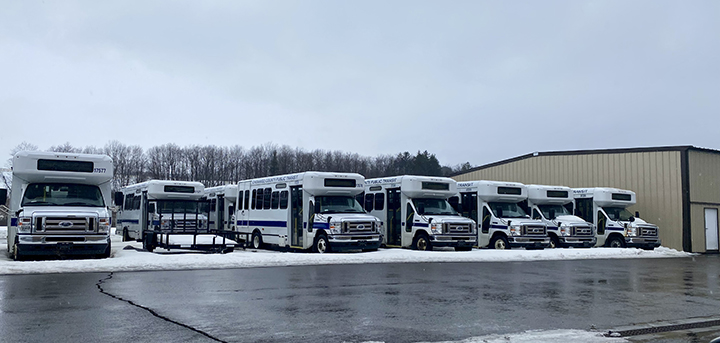Hearings set on proposed rules for shale gas drillers
ALBANY – The Forum Theater in Binghamton will host one of four public hearings scheduled throughout the state in November on the proposed permitting rules governing hydraulic fracturing in the lucrative Marcellus Shale region of southern New York.
State environmental regulators issued the draft regulations yesterday. They create a legal framework for implementing mitigation measures (known as the draft Supplemental Generic Environmental Impact Statement) that were originally posted in July.
The NY Department of Environmental Conservation’s permitting rules have been three years in the making as regulators studied the process and ramifications of pumping highly pressurized water, chemicals and sand into deep wells to release natural gas from shale formations. During that time, energy companies have been prohibited from fracturing shale.
The Independent Oil and Gas Association of New York welcomed the hearings:
“... we are working with our members to finalize our comments and remain encouraged that the review of the SGEIS is a positive step forward. Safe natural gas exploration in New York’s Southern Tier will help to stabilize the economy of the region and provide significant energy and environmental benefits for decades,” a press release stated.
A Siena Research Institute poll released also on Wednesday stated that 44 percent of voters say they favor DEC’s recommendation to allow hydraulic fracturing, while 40 percent are opposed. That results were virtually unchanged from 45 to 43 percent in Siena’s July poll, with a majority of Republicans, independents, conservatives, men and suburban voters in favor and a majority of liberals opposed.









Comments